Climate
-
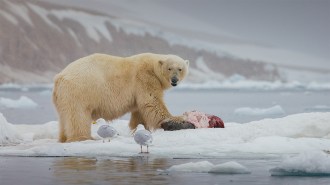 Animals
AnimalsPolar bears provide millions of kilograms of food for other Arctic species
A new study shows how much food polar bears leave behind — and how their decline threatens scavengers across the Arctic.
-
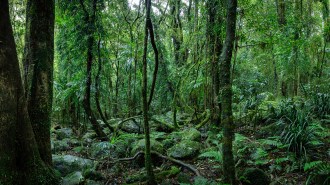 Climate
ClimateAustralia’s tropical forests now emit CO₂, clouding the COP30 talks
These tropical forest CO₂ emissions may warn of similar shifts in other regions, a key topic for COP30 climate talks in Brazil.
-
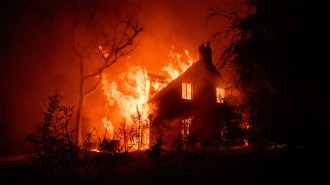 Climate
ClimateAs wildfires worsen, science can help communities avoid destruction
Blazes sparked in wild lands are devastating communities worldwide. The only way to protect them, researchers say, is to re-engineer them.
By Nikk Ogasa -
 Climate
ClimateCoral collapse signals Earth’s first climate tipping point
The global die-off of coral reefs signals a critical shift in Earth’s climate system with global environmental consequences along with economic ones.
-
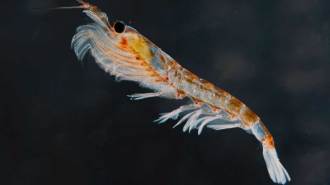 Climate
ClimateAntarctic krill eject more food when it’s contaminated with plastic
Antarctic krill don’t just sequester carbon in their poop; they also make carbon-rich pellets out of leftovers. But microplastics may throw a wrench in the works.
-
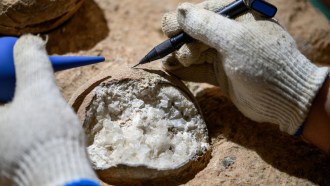 Paleontology
PaleontologyCrystallized dino eggs provide a peek into the tumultuous Late Cretaceous
Definitively dating the age of a clutch of fossil dinosaur eggs at a famous site in China may let scientists link eggshell features to environmental shifts at the time.
-
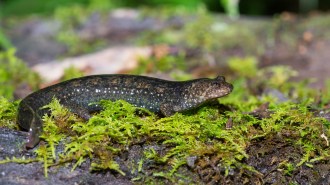 Animals
AnimalsJust like humans, many animals get more aggressive in the heat
From salamanders to monkeys, many species get more violent at warmer temperatures — a trend that may shape their social structures as the world warms.
-
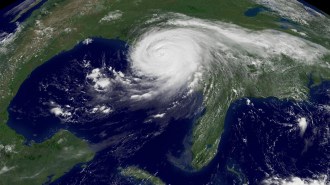 Earth
Earth20 years after Hurricane Katrina, is the U.S. better prepared?
Hurricane forecasts have improved since Katrina, but risks from climate change and budget cuts loom.
-
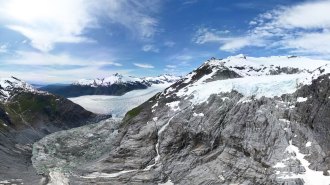 Environment
EnvironmentA glacier burst, flooding Juneau. Again. This one broke records
A warming climate is behind growing floods of glacier meltwater in Alaska’s capital. Scientists say it’s the new normal.
By Douglas Fox -
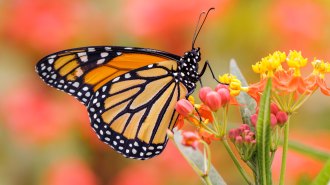 Animals
AnimalsWarm autumns could be a driver in monarch butterflies’ decline
In the lab, higher temperatures during fall migration led monarchs to break their reproductive pause, increasing their risk of death.
By Jude Coleman -
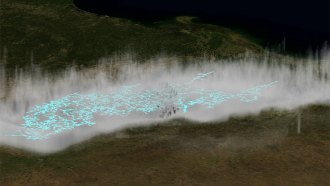 Climate
ClimateA Midwest ‘megaflash’ is the longest lightning on record
A reanalysis of satellite data shows that a 2017 Texas-to-Missouri lightning megaflash stretched 829 kilometers and lasted 7.39 seconds.
-
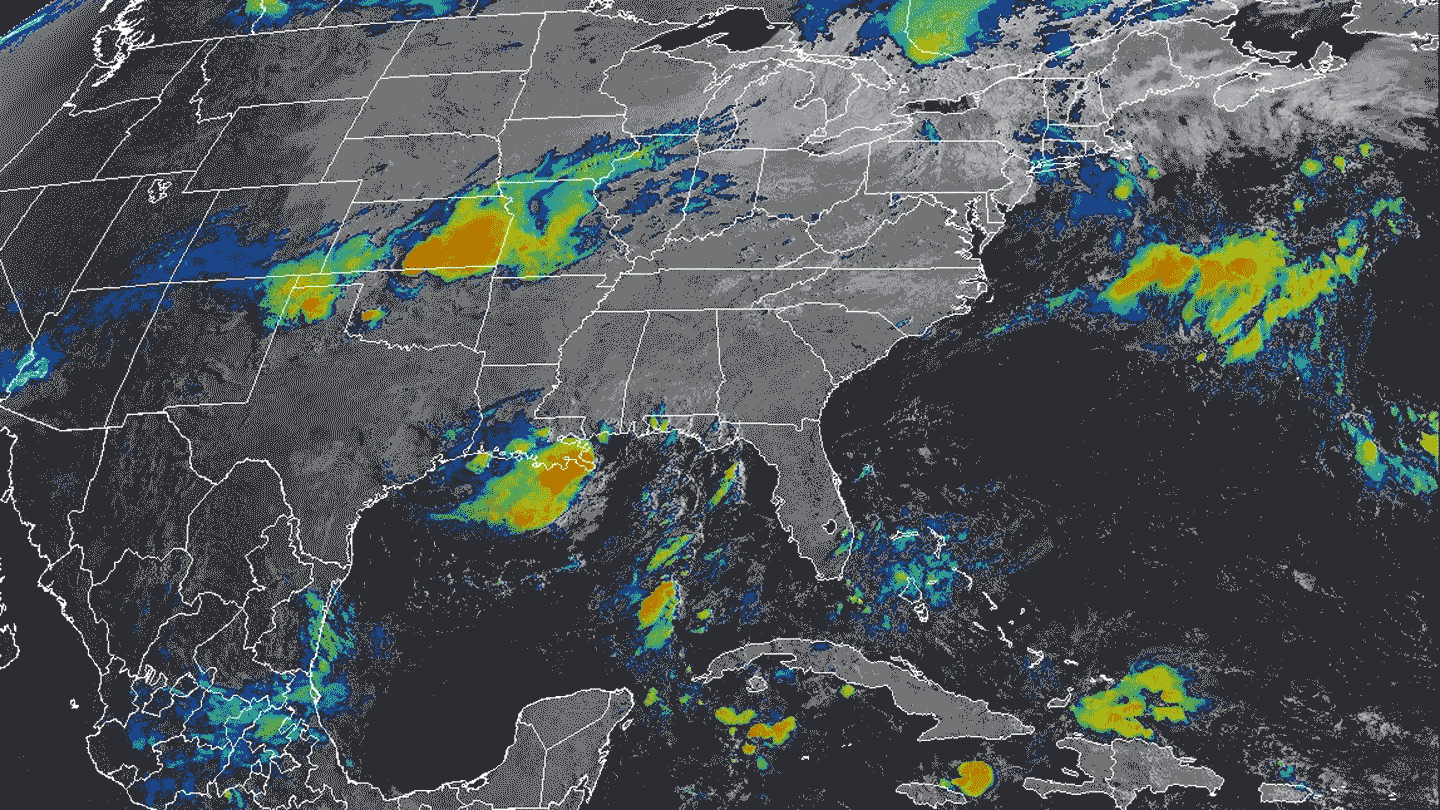 Climate
ClimateWhat to know about the extreme U.S. flooding — and ways to stay safe
An oceanographer explains how climate change, warming oceans and a souped-up atmosphere are creating conditions for deadly floods.